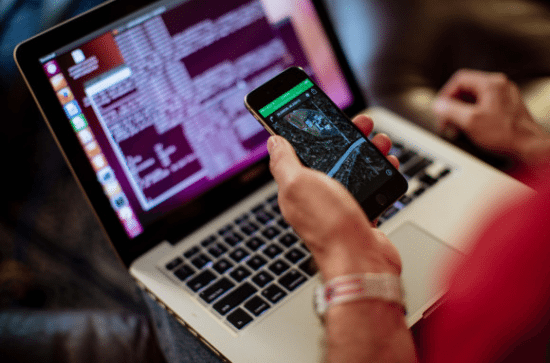Research has found that phones for low-income users have been hacked before they’re turned on, according to CNET. Devices paid for by the federally funded Lifeline program, established to ensure that people on low incomes can stay connected to vital services via phone and email, have been subject to an endless barrage of pop-up ads. Not only do these make the phones virtually unusable, but they also siphon off the data paid for with federal subsidies. The settings and update apps on each phone contained code that allowed them to load malicious apps known as adware.
Reaction On Phones For Low-income Citizens Preloaded With Malicious Adware
Information Security Buzz is an independent resource that provides the experts’ comments, analysis, and opinion on the latest Cybersecurity news and topics



